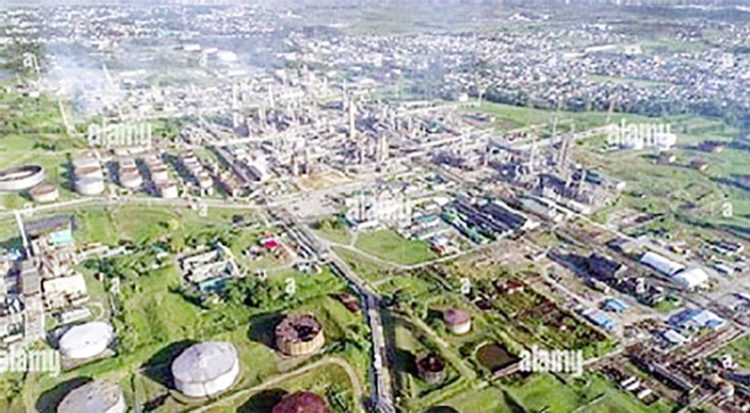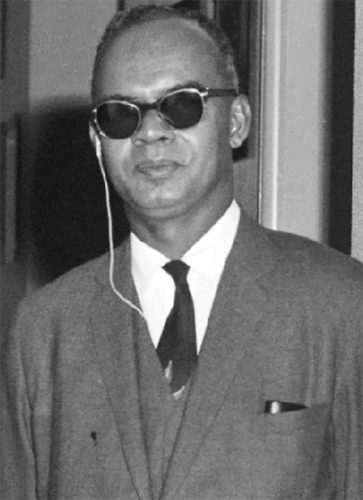While Trinidad and Tobago is still regarded as the ‘lead player’ in the oil and gas industry in the Caribbean Community (CARICOM) local analysts of the sector continue to send signals that while – as the country’s former Prime Minister Dr. Eric Williams put it, oil don’t spoil, a point is reached, sooner or later, where the resource becomes exhausted. This, according to the Tuesday October 8 issue of the Trinidad Express, was one of the talking points of a recent post-budget panel discussion in Port-of-Spain reportedly attended by Government Ministers and academics, among representatives of other interest groups.

Some of the presenters at the forum, reportedly, made no secret of their view that while the Trinidad and Tobago economy is still driven largely by its petro resources, a point has been reached where the country must look to other options to sustain an economy whose oil wealth had long made it the standout economic performer in the region. “From my research the energy sector peaked in 2010 and has been on a downward slide since. Since 2010, we have had no major investments in the energy sector because we simply don’t have the gas; and if we don’t have the gas, there is no rationale for the huge company to put down a petrochemical plant that needs a guarantee of 15 years to make that investment,” The Guardian quotes economist Dr. Indera Sagewan as declaring during the exchange.
Another contributor to the discourse, Economist Mario Browne reportedly added that apart from the decline of the energy sector as a bringer of revenue the energy sector had become the country’s biggest foreign exchange user, “Our biggest foreign exchange user is not food. It’s energy. So how do we move our energy into renewables and away from hydrocarbons? The rate of change in that is critical in terms of determining how our foreign exchange is used,” he asserted.

In recent years the attention of the global oil and gas community where the regional oil and gas industry is concerned has shifted from, exclusively, Trinidad and Tobago, to the two South American member states of CARICOM, Guyana and Suriname, seemingly regarding them as the region’s emerging petro powers. Perhaps, understandably, Trinidad and Tobago’s Minister of Public Administration Allyson West who attended the recent Port-of-Spain forum, assumed a more optimistic posture for T&T, pointing to the likelihood of the country realizing an increase in gas reserves by 2027 from gas fields which are reportedly being probed by the country’s Ministry of Energy.
What the country’s Minister of Public Administration reportedly also said was that calls for diversification of the country’s economy were usually not followed up by concrete suggestions, perhaps a suggestion that, indeed, the country may indeed have to begin to have options to oil as its economic bulwark. Trinidad and Tobago’s Trade and Industry Minister Paula Gopee-Scoon, another member of the Trinidad and Tobago Cabinet who participated in the forum, reportedly posited that while comments from the panel portrayed T&T to be “negative”, the country’s experience simply pointed to the fact that countries’ experiences were usually characterized by ‘ups and downs.’
Speaking on diversification and what measures have been taken to achieve this in a primarily energy-dominated country, Gopee-Scoon reportedly pointed to the fact that the country’s oil and gas sector had been doing well over the past ten years, with nine foreign investors within the industry setting up offices in the country and offering thousands of jobs for those seeking employment. With Trinidad and Tobago seeking to ‘kick off’ the shared Dragon Gas Project with Venezuela, the CARICOM member country is reportedly looking to that project to breathe new life into the country’s energy sector, a matter that surfaced during contributions to the forum by both Economist Dr. Marlene Attiz and Upper-sixth student of St Mary’s College Gregg Mannette.








